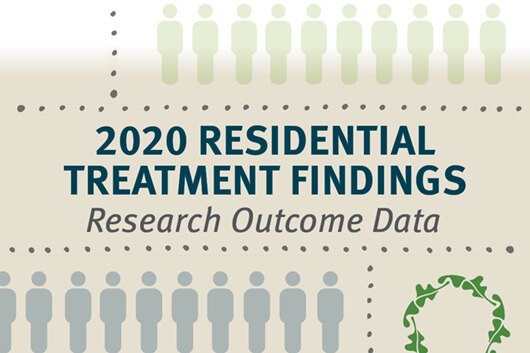Chronic pain management presents a difficult challenge to physicians. This is especially true in light of increased awareness of the highly addictive properties of prescription pain medications. Deciding on the best treatment protocol for managing chronic pain, while protecting the patient from developing an opioid use disorder, requires ongoing patient assessments.
Individuals who struggle with chronic pain are at risk of developing adverse long-term effects of prescription medications. Changes in brain chemistry occur after extended use of prescription pain medications, which often result in dependency. Chemical dependency on the medication, however, differs from addiction. Substance addiction refers to the maladaptive behaviors associated with substance use. These include:
- Increasing tolerance resulting in taking higher doses than prescribed.
- Seeking the substance by requesting additional refills, from doctor shopping, or obtaining the substance through illicit means.
- Being preoccupied with obtaining the prescription medication rather than considering switching to a different treatment for pain relief.
- Obsessing about the substance use.
- Continuing substance use despite the adverse effects, even when the medication is no longer effective for managing the pain.
What Are the Signs of Chronic Pain?
When an injury or postoperative result does not heal in a timely manner, an individual may begin to experience the signs of chronic pain. Chronic pain can also be caused by ongoing health conditions, such as degenerative diseases like osteoarthritis or spinal disk deterioration, cancer, autoimmune disorders, fibromyalgia, and neuropathy. Signs of chronic pain include:
- Constant muscle aches
- Fatigue
- Joint pain
- Sleep disturbances
- Burning pain
- Mood disorders, such as depression or anxiety
- Eventual loss of flexibility and stamina
When pain persists for more than three months it is diagnosed as chronic pain. Chronic pain symptoms are caused by a faulty electrical connection between the brain and the nervous system. In some individuals, the way the brain cells process and transmit nerve messages may cause them to be hypersensitive to pain signals. There is also clinical data showing that depression can also cause chronic pain symptoms.
Data reported in the journal Cerebrum states that over 100 million adults in the U.S. suffer from chronic pain. Prescription opioids had been the standard treatment protocol for patients with chronic pain for decades. However, due to the opioid use disorder crisis of the past decade alternative medications are increasingly being prescribed now.
When Chronic Pain Management Leads to a Substance Use Disorder
Doctors walk a tightrope with chronic pain treatment. Treating a long-term chronic pain patient will often lead to opioid dependency, which is the natural result of brain changes over time. But when these prescription analgesics lead to addiction the adverse outcomes are enhanced. In this event, some chronic pain patients may need to access the professional services of a residential substance recovery program.
When someone is already in recovery for a substance use disorder and in need of pain management for a chronic health condition or injury, the physician will utilize safe non-narcotic treatment solutions. These might include:
- Non-steroidal anti-inflammatory drugs, such as naproxen
- Corticosteroids
- Anti-epileptics, such as gabapentin or pregabalin
- Tricyclic antidepressants
- Acetaminophen
In addition to the alternatives to opioids, a multimodal approach to treatment includes cognitive behavioral therapy, physical therapy, yoga, acupuncture, relaxation techniques like mindfulness meditation, and support groups.
Finding the perfect balance point between adequately relieving chronic pain while avoiding substance use disorder is an ever-evolving challenge. By recognizing the signs of a substance use disorder it is possible to obtain the help needed, and to make modifications to the pain management plan.
Ashley Addiction Treatment, formerly Father Martin’s Ashley, is a nationally recognized nonprofit leader in integrated, evidence-based treatment for substance use disorders and is accredited by The Joint Commission. We offer both inpatient and outpatient programs, holistic addiction treatment, drug detox, relapse prevention plans, family wellness programs and a variety of other services tailored to each patient’s needs. Our driving principle — “everything for recovery” — reinforces our mission to heal each individual with respect and dignity, and reflects on our ongoing commitment to meet new challenges. For information about our comprehensive programs, please call (866) 313-6307.




